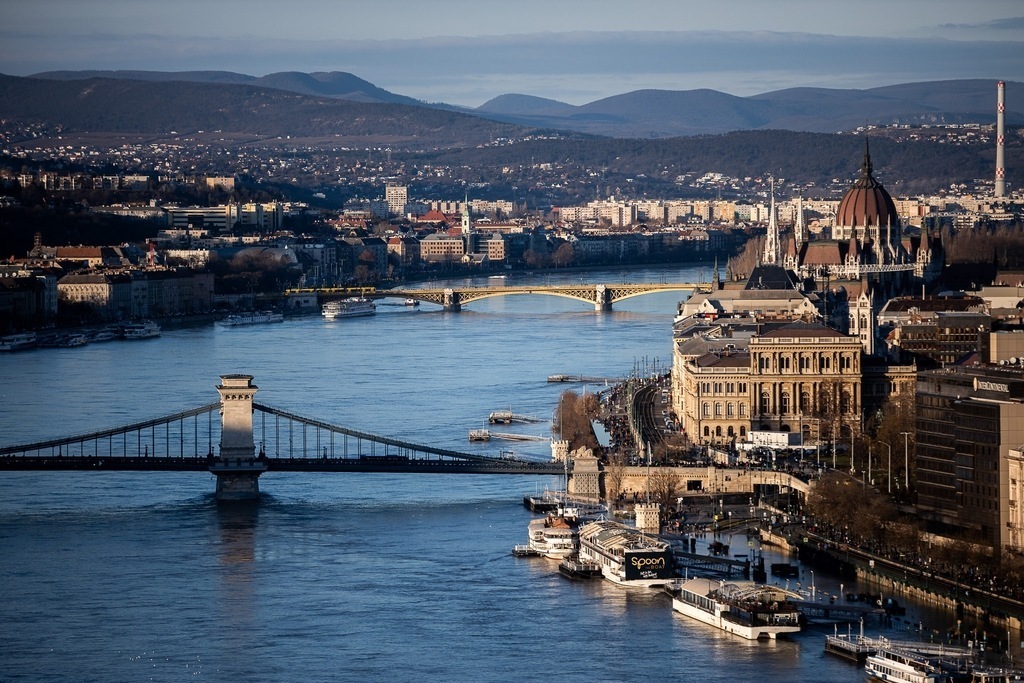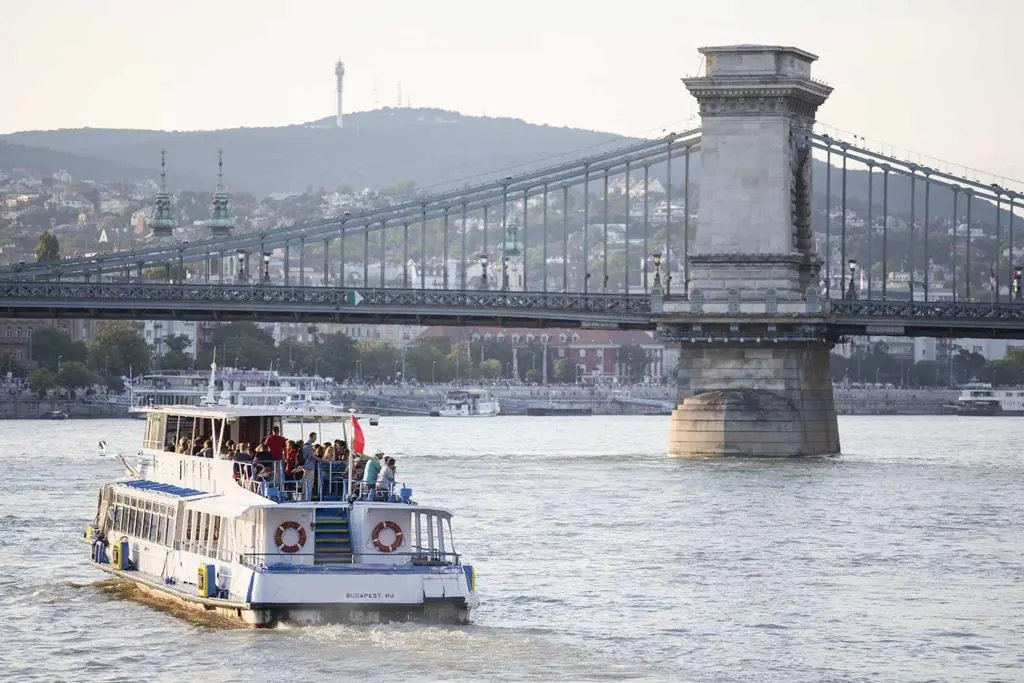Change language:
Danube: More hotelships on Budapest’s most beautiful stretch?

The port in Újlipótváros is planned to be designated for foreign hotelships rather than passenger ships. Hungarian boatmen expressed concerns that this shift would not only endanger their livelihoods but also pose risks to the Danube environment and residents living along its banks.
The reorganisation of the Danube’s banks, still in the planning stage as amendments are made to the Danube Building Regulation, has drawn concern from the Passenger Boaters’ Association, according to Blikk.
They are sounding the alarm over potential risks to smaller Hungarian companies currently operating in the ports of the new port district if the plan is executed by the capital.

The association’s reaction to the Danube changes
Zsolt Varga, President of the Passenger Boaters’ Association acknowledged the perceived dangers in the plans but hopes that decision-makers will prioritise the interests of all parties involved and that the consultation process will lead to a reassuring outcome before a final decision is made.
They contend that if the plans are approved, residents should anticipate a significant increase in traffic due to buses attached to continuously operating boats carrying passengers.
The association argues that this new proposal will not alleviate the concerns of residents in the new suburb, particularly a larger and more problematic issue, as the larger and bulkier boats will further obstruct the view of the Danube, contradicting the plan’s goal of “giving the Danube back to the residents.”
The current shore power infrastructure is insufficient to support cabin cruise ships, necessitating that their generators run continuously while docked, especially during late hours, which could significantly disturb nearby residential buildings. Previous complaints from residents have highlighted noise and disorderly operation as major concerns.
Furthermore, several shipping companies are apprehensive that if the regulations are integrated without modifications, it could render the entire shipping industry economically unviable. This could result in public and recreational boating services becoming inaccessible to a significant portion of society due to anticipated significant price hikes.
Additionally, the remaining embarkation and disembarkation ports would face severe congestion, heightening the risk of accidents and perpetuating conflicts due to different vessels sharing the same space simultaneously.
Challenges and implications of the Danube changes

The proposed changes to the Danube Building Regulation primarily impact Budapest‘s 13th district but have broader implications for the entire city. If implemented, smaller passenger shipping companies will be compelled to seek ports further away, leading to increased environmental impact from longer idling and passenger pick-up routes.
This shift will significantly raise costs for domestic passenger shipping, which forms a substantial portion of group tourism. Additionally, the fixed schedules of hotelships for several years ahead will be disrupted, forcing operators to redirect towards more stable destinations like Vienna or Bratislava.
The new plans also introduce challenges related to the length of boats operating on the narrower stretch of the Danube. Longer boats will struggle to turn around, necessitating trips to the Rákóczi Bridge, significantly increasing their travel distance, especially for evening programs.
This extended travel and increased idle time will not only impose more environmental pressure on the river and its surroundings but also worsen congestion in an already crowded Budapest section, which poses navigation safety risks.
Furthermore, the construction of planned hotelships in the city centre lacks show power capabilities, leading to continuous operation of internal combustion engine generators, resulting in elevated noise and air pollution levels.
Read also:







